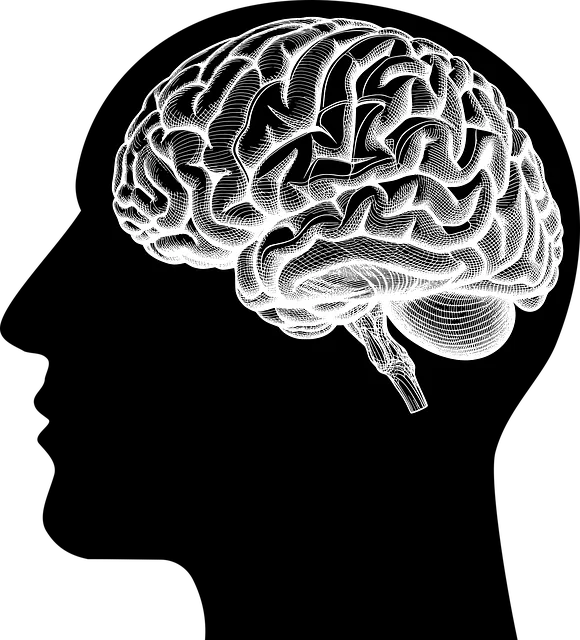The Kaiser Permanente mental health department in Aurora uses the RFM model—a structured approach emphasizing recovery, flexibility, and mastery—to build resilience and enhance emotional intelligence. Their holistic method, inspired by expert knowledge, equips individuals with long-term resilience strategies for better well-being. Through innovative programs and peer support, they've fostered open mental health dialogue, leading to improved staff retention and job satisfaction. Contact the Kaiser Permanente mental health department phone number in Aurora for more information.
“Resilience is a key factor in mental well-being, and RFM (Resourceful Fronts Management) offers a powerful framework for building it. This article explores the significance of RFM in resilience building exercises, with a focus on its application within healthcare settings. We delve into the implementation process at the Kaiser Permanente Aurora mental health department, highlighting their successful approach to training staff and patients. Discover how this case study can guide other organizations in enhancing emotional resilience.”
- Understanding RFM and Its Role in Resilience Building
- Implementing RFM Exercises in the Mental Health Department
- Kaiser Permanente Aurora: A Case Study on Effective Resilience Training
Understanding RFM and Its Role in Resilience Building

Resilience is a vital asset in navigating life’s challenges, and the RFM (Recovery, Flexibility, Mastery) model offers a structured approach to fostering this quality. Developed by experts in the Kaiser Permanente mental health department, Aurora, this framework recognizes that building resilience isn’t just about overcoming adversity but also about adapting and thriving amidst difficulties. The RFM principles serve as a guide for individuals to enhance their emotional intelligence and self-esteem improvement, which are key components of Mind Over Matter Principles.
By focusing on recovery, individuals learn to bounce back from setbacks and stress, ensuring they can maintain a sense of balance. Flexibility involves developing adaptability, enabling folks to adjust to changing circumstances without succumbing to overwhelm. Lastly, mastery encourages personal growth through setting achievable goals, thereby boosting self-efficacy and confidence. This holistic approach, inspired by the Aurora team’s expertise, empowers individuals to not just survive but to flourish in various aspects of life.
Implementing RFM Exercises in the Mental Health Department

The integration of RFM (Resilience, Flexibility, and Mastery) exercises within the Kaiser Permanente mental health department in Aurora has emerged as a transformative approach to patient care. This innovative strategy leverages structured activities aimed at cultivating resilience, enhancing emotional coping mechanisms, and promoting positive thinking among individuals seeking mental health support. By incorporating RFM practices into their service offerings, the department aims to empower patients with effective tools for navigating life’s challenges.
The Community Outreach Program Implementation at Kaiser Permanente Aurora prioritizes holistic healing by addressing not just the symptoms but also the underlying causes of mental health issues. Through these exercises, patients engage in activities that foster flexibility in thought and behavior, enabling them to adapt to stressful situations. The ultimate goal is to facilitate emotional healing processes, ensuring individuals leave the program equipped with strategies for long-term resilience and improved overall well-being.
Kaiser Permanente Aurora: A Case Study on Effective Resilience Training

Kaiser Permanente Aurora stands as a shining example of effective resilience building exercises implementation within an organizational setting. The mental health department has successfully integrated comprehensive training programs that focus on enhancing mental wellness and fostering empathy among their staff. This initiative, driven by a dedicated team, has significantly positively impacted the overall work environment.
Through innovative approaches, such as tailored workshops and peer support networks, Kaiser Permanente Aurora has implemented Mental Health Policy Analysis and Advocacy at its core. These strategies not only empower employees to manage stress and adversity but also promote open conversations about mental health. The program’s success is evident in improved staff retention rates and increased job satisfaction, highlighting the power of resilience training in creating a thriving and supportive workplace culture.
Resilience is a powerful tool for navigating life’s challenges, and RFM exercises have proven effective in enhancing mental well-being. As demonstrated by Kaiser Permanente Aurora’s initiative, implementing RFM training in the mental health department can significantly improve patients’ coping mechanisms. By fostering a culture of resilience, healthcare providers can better support individuals in managing stress and adversity. For those seeking guidance, contacting the Kaiser Permanente mental health department at (insert phone number) offers access to resources and expertise in resilience-building strategies.






